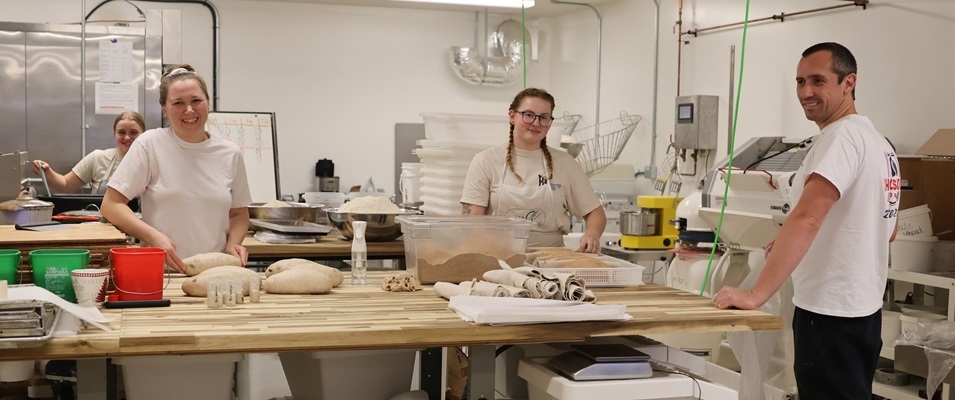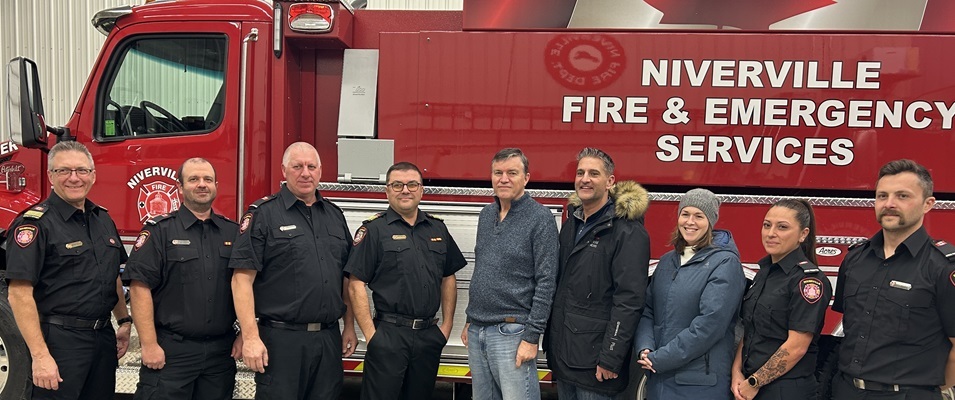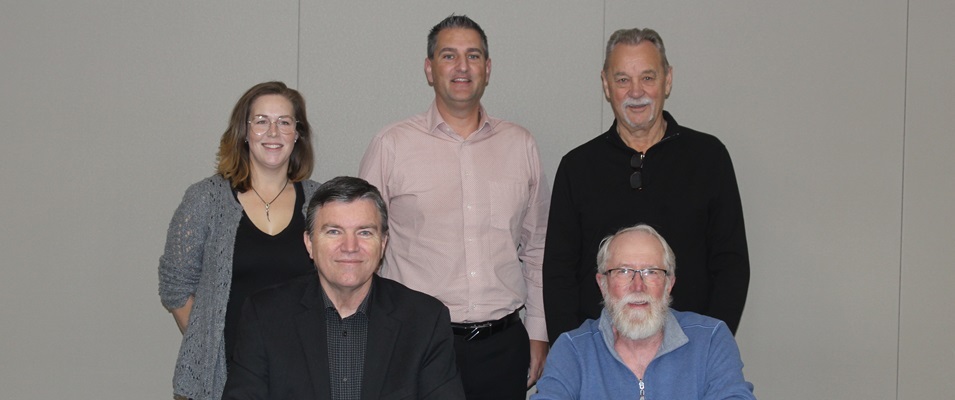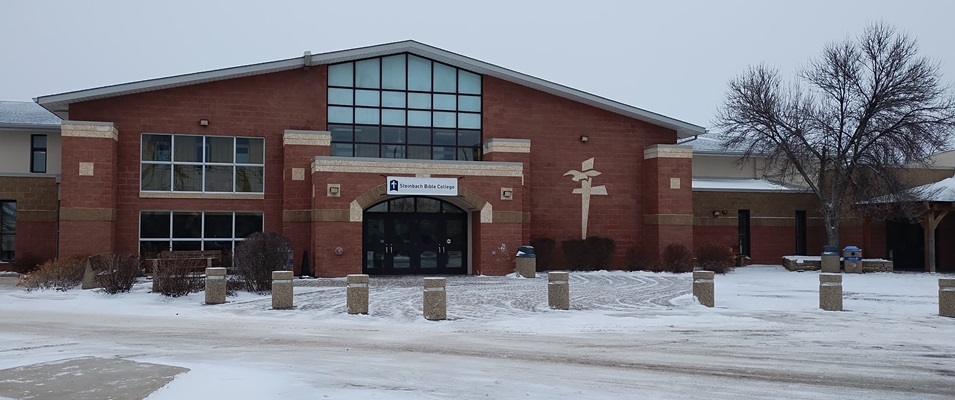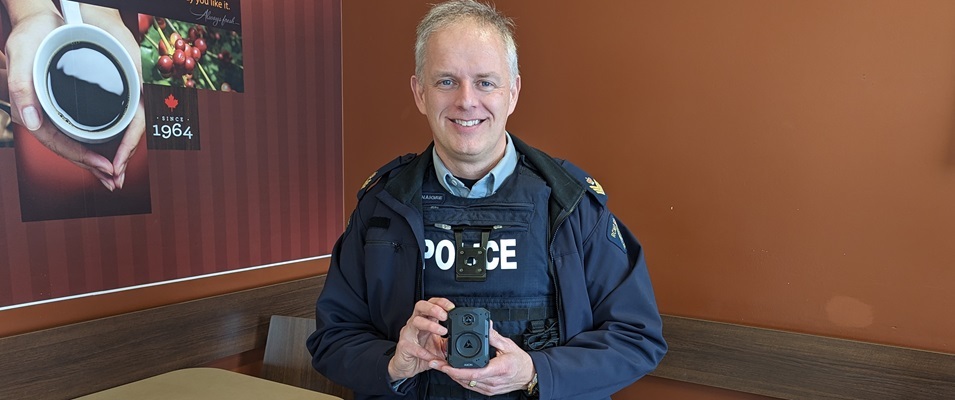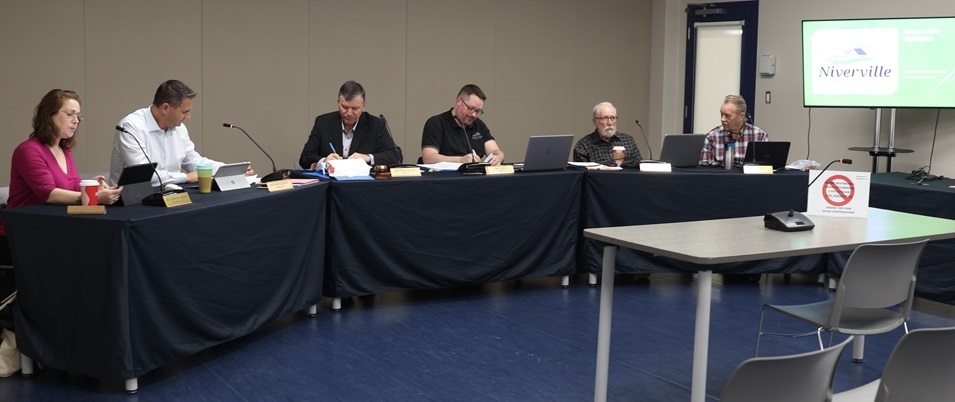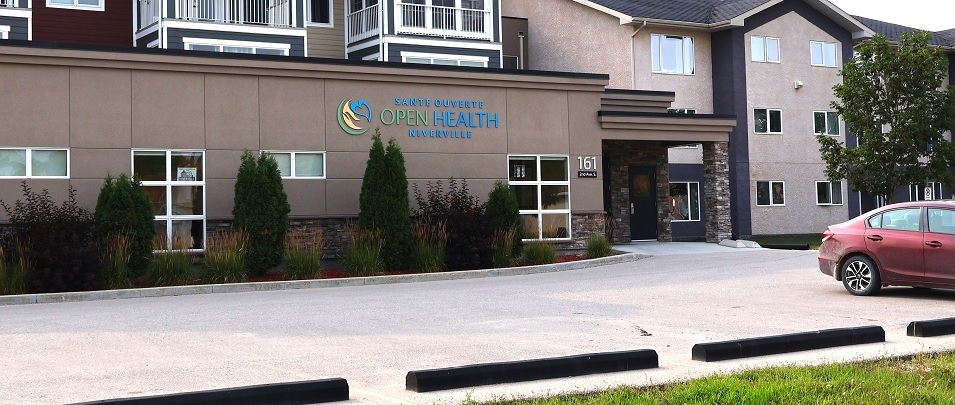
It’s been three years since the Town of Niverville assumed ownership of Niverville Open Health, the medical clinic once owned by Drs. Chris and Mairi Burnett. Since that time, Niverville Healthcare Services Inc. (NHCSI), the board formed to oversee the functioning of the new social enterprise, has revived the floundering clinic and restored it to a robust state.
This July, council voted in favour of folding the current NHCSI board and launching a new chapter in clinic oversight by creating a tiered approach to Open Health’s governance.
“Over the last six months or so, we’ve been taking a look at the role of the board for the medical facility and acknowledging that it was having trouble serving the need that we wanted it to,” says councillor and NHCSI board member Nathan Dueck.
Until now, the oversight board has been comprised of a local physician, a Chamber of Commerce member, a town councillor, a community member at-large, and the business manager hired to see to the clinic’s day-to-day operations on the town’s behalf.
While the NHCSI was managing just fine, Dueck says that it was becoming clear that a restructuring needed to take place.
“We started off where the town purchased the medical facility for a dollar and we’ve grown it so much,” says Dueck. “It’s become an extremely valuable asset… and now we’re looking at the entire business model expanding to become more community-owned with more community input, as opposed to something that the town is just running as a business.”
Earlier this year, council hired consultant Kathy McPhail, former CEO of Southern Health-Santé Sud, to assist with the restructuring plan. McPhail was instrumental in helping create a smooth transition from private to publicly owned facility back in 2020.
Dueck says nearly a dozen different options for oversight were explored this time around before the board settled on the tiered system they’ll be putting into place.
The top tier of governance will continue to fall to town council, which will manage the budgeting and all other financial aspects of the clinic. All final decisions regarding its management will be made by council.
Answering to council will be two separate advisory boards.
A newly formed medical council will be comprised of self-appointed local physicians, the clinic’s business manager, and an Open Health staff representative.
Their job will be to work on physician recruitment, recommend opportunities for the clinic to improve, and advise council on new modalities, needed equipment, and capital investments.
A secondary advisory council will be created, operating separate from the medical council. Members of this board will be members of the community who can represent residents and provide external perspectives on the clinic.
“It would be composed of likely eight to ten different individuals from different walks of life with different experiences,” Dueck says. “[They] would advise council on ideas and visions for the Niverville medical facility’s future.”
This secondary council will guide council by participating in strategic planning sessions for the clinic and advising on how best to reinvest its revenues. They will also gather data to help assess the changing health needs of the community.
It is expected that this council would meet three to four times annually and each member would fill a two- to three-year term.
Dueck is excited about the new tiered approach to oversight and he’s confident that it will serve the community better in the future.
“When I was sitting on the [NHCSI] board, there was a realization that this is not going to last beyond a term of council, because four years from now you’ll have a brand-new council and it might completely fall apart,” says Dueck. “That was one of the biggest fears at the end of the day, that you would end up having a changeover in municipal government who don’t have an interest in health or the social enterprise… It’s better to change it now so we can grow into it over the next three years.”





